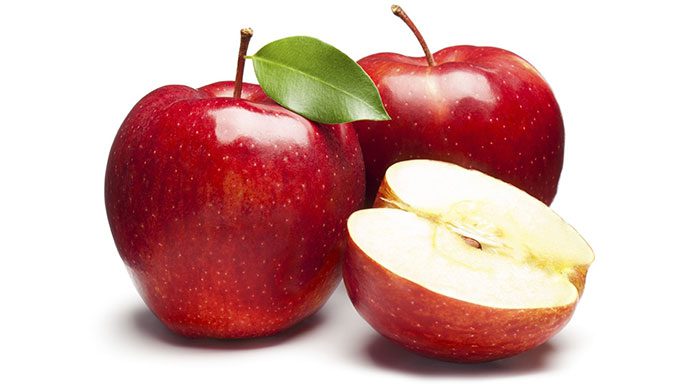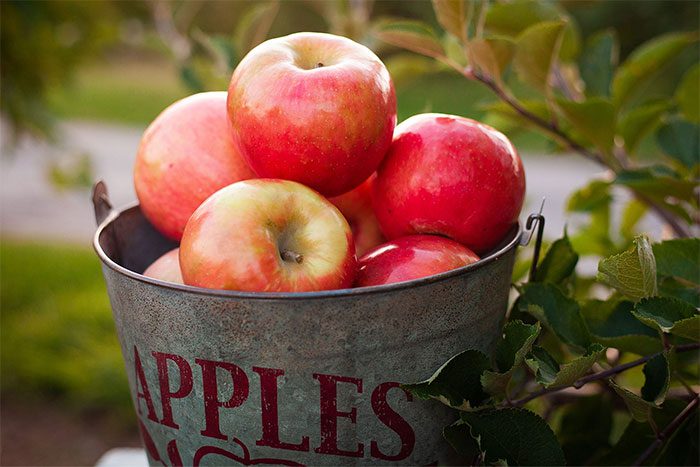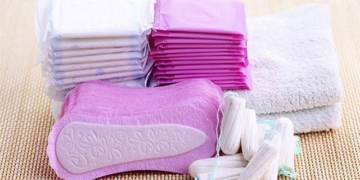If you enjoy eating American apples (also known as pomme, a transliteration of the French word), you may have noticed that this type of fruit lasts a long time without spoiling, remaining fresh for 2 to 3 months. So, what keeps apples fresh for so long? Is it due to pesticides?
Lauren Sucher, a spokesperson for the FDA, stated that the apples on supermarket shelves might not be as fresh as they appear; some may have been picked months ago. “Many types of produce, including apples, can be stored for long periods. In low temperature and humidity environments, apples can last for months without spoiling before being purchased by consumers.”

In low temperatures, this environment can help keep apples fresh for up to 10 months.
According to the website of the U.S. Department of Agriculture, freshly picked apples that are not treated can easily become soft and spoil within a few weeks. Therefore, to keep apples fresh longer, they are stored at low temperatures, which can help preserve them for up to 10 months. Once removed from the cold environment, apples will quickly wilt and spoil.
To slow down the spoiling process at room temperature, some fruit distribution companies treat apples with a gas preservative called 1-methylcyclopropene (1-MCP), which inhibits the fruit’s production of ethylene gas, a natural process that causes fruits to ripen, ferment, and spoil. 1-MCP has been deemed safe for health and has been in use since 1999.
Ms. Lauren noted that before the advent of 1-MCP, people had various methods for storing food and produce, such as root cellars in colder regions, similar to the refrigerators we use today. This storage allowed ancient people to preserve crops for longer periods across different seasons.
According to Martin Lindstrom, author of the book “Truth and Lies about What We Buy”, due to the speed of consumer goods turnover, some supermarkets sell apples harvested up to a year prior, stored in cold storage to prevent spoilage.

We should choose fresh, newly picked apples over those that have been stored for a long time.
Of course, not all apples that are harvested are stored for long-term sale; some are sold to juice companies, while others are used for products like baked goods, jams, candies, etc., as Lauren Sucher mentioned.
The use of 1-MCP to preserve apples is safe, however, the advice from Madelyn Fernstrom, a nutrition expert at Today.com, is that we should still choose fresh, newly picked apples over those that have been stored for a long time, as fresh apples have higher nutritional content and antioxidant levels compared to older apples. Research has shown that older apples can significantly lose their antioxidant content, as these antioxidants are found in the skin, not in the flesh or core of the apple.
Currently, there are no specific guidelines or experiences for selecting fresh apples in supermarkets since it is difficult to distinguish them with the naked eye, unless you encounter visibly wilted fruit. All one can rely on is the information provided by the seller regarding the lot number, import date, harvesting time, and the season.



















































